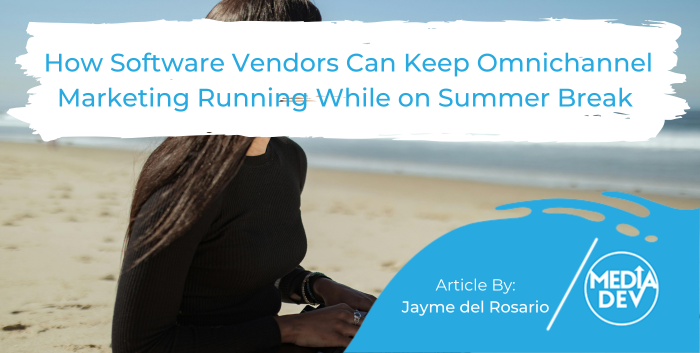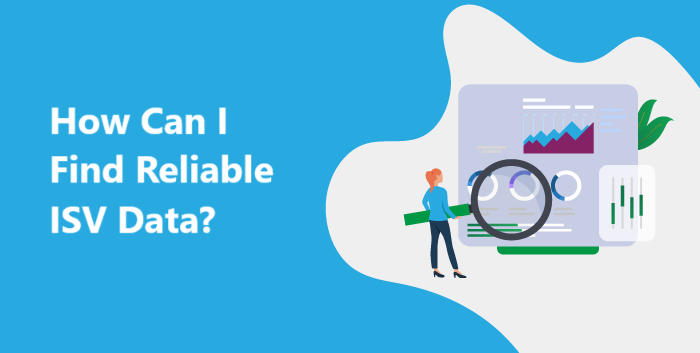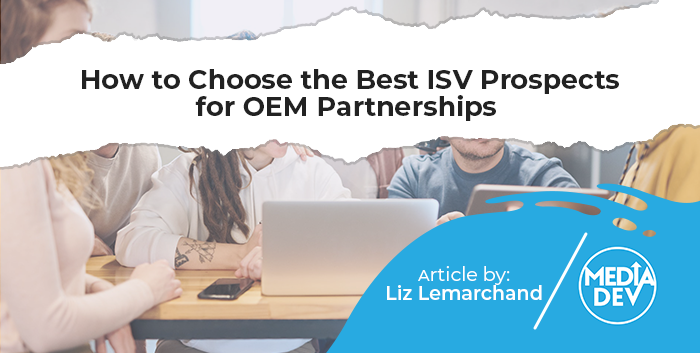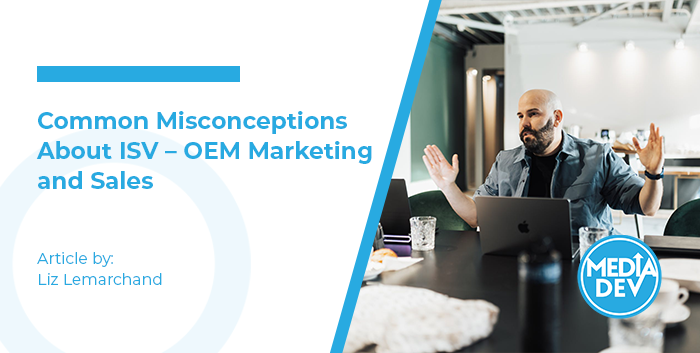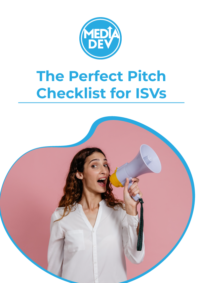It seems like it’s a daily occurrence that I get emails, Inmails and spam coming from all sorts of people trying to sell me leads.
Maybe you get those messages too—the ones that promise you’ll close more deals faster and look like they’ve been copy/pasted, then sent out to everyone under the sun…
I don’t know about you, but I’m super tired of it. Why are so many people trying to sell me leads?
To make matters worse, when I do reply to any one of those messages to ask them what their definition of a lead is, very often one of two things happen:
- I get an AI-generated reply, usually something vague like, “all of our leads match pre-defined criteria,” or
- I don’t get an answer at all.
Weird, huh?
Let’s be clear about something from the start. Not all leads are created equal.
For some, a lead is an opted-in contact. For others, it means BANT-level engagement has been met and a sales appointment has been booked. And honestly, a lead could be anything in between as well depending on what you plan on doing with those leads once you get them!
It’s easy to get caught up in the nuances, expecting that the other person knows what we mean, but very often, that’s how the misalignment starts.
To make matters worse, there are so many suppliers out there promising to tap into AI to automate your outreach—in fact, the majority of those messages you’re getting come from those types of systems. AND I have not seen one that has convinced me to work with any of those companies. I have tested a few AI-powered marketing solutions myself and I’m not a fan. Because let’s get real—I don’t care how good the AI system is, nothing can replace the human touch.
So, if I am looking for “leads,” how can I cut through the noise to find a legitimate lead generation provider who’s not going to take me for a ride?
Here are our top 3 tips to finding a reliable lead generation supplier:
Tip #1 : Ask Quality Questions
If you are curious about someone’s claims, ask quality questions about the service. Understanding how they get leads, what their lead definition is, what their business model is based upon (time or results), and how they guarantee GDPR compliance, are all worthy pieces of information to obtain. But quality questions are more than just getting the answers—they are also about testing the potential supplier to understand:
- Response time: how long does it take for them to get back to you?
- Connection: how do you feel about their communication style? Are they friendly and forthcoming or reserved?
- Reputation: do they have client references they can share with you? Do they come recommended by your peers?
- Transparency: do they pretend to be all things to all people or do they say when they aren’t suited for a particular task? Are they honest about their weaknesses?
Probing will help you get to know the outsourcer better and set the stage for creating a win/win partnership.
Tip #2 : Establish that you are an Engaged Partner from the Get-Go
If you treat your supplier like “hired help,” instead of a partner in a committed relationship, the results of the campaign you run with them will reflect that. Establishing from the start that your intention is to be highly engaged in the lead generation process will help you distinguish between who is receptive to that, and who is not. You’d be surprised, but some outsourcers want what they do to be one giant black box, only providing you with results at the end without communicating about the journey along the way. While for some that may sound great, I can tell you for a fact that that method simply doesn’t work.
It is important that you be at the center of any new lead generation initiative. Sales feedback is an integral part of the process, so what value do they place on integrating feedback into the workflow? How do they replace leads that are disqualified by your sales team? Ask the potential supplier what your role is in the lead generation process. Their response will tell you a lot about their expectations and how engaged they will be to go above and beyond the call of duty.
Treating a new supplier like a partner will help establish the groundwork for a long-lasting collaboration and set you up for campaign success.
Tip #3 : Do Your Homework
Choosing a vendor to help support your lead generation initiatives should never be taken lightly (unless of course you are ok to take a gamble and potentially lose a few thousand dollars).
Continuing to use the usual suspects (suppliers that are already approved vendors in your company’s procurement system) but who don’t provide tremendous value is never a great way to design disruptive campaigns that impact your bottom line.
New suppliers are a dime a dozen, but that doesn’t mean that some can’t make a real difference. Doing your due diligence to learn about the supplier, reading their case studies or success stories, interviewing a former customer (or two), and finding their online reviews or client recommendations on LinkedIn will help you make better business decisions.
If you do your homework to make sure that the vendor is not making promises they cannot keep, you may find that engaging a new lead generation supplier is exactly what you need.
Conclusion
Establishing a great relationship with a lead generation outsourcer is possible. 99% of the ones out there trying to sell you leads aren’t worth your time, but the 1% who takes the time to tailor their outreach to you may be just what you needed to kick-start your lead generation campaigns to build a robust sales pipeline over the next 12+ months.


